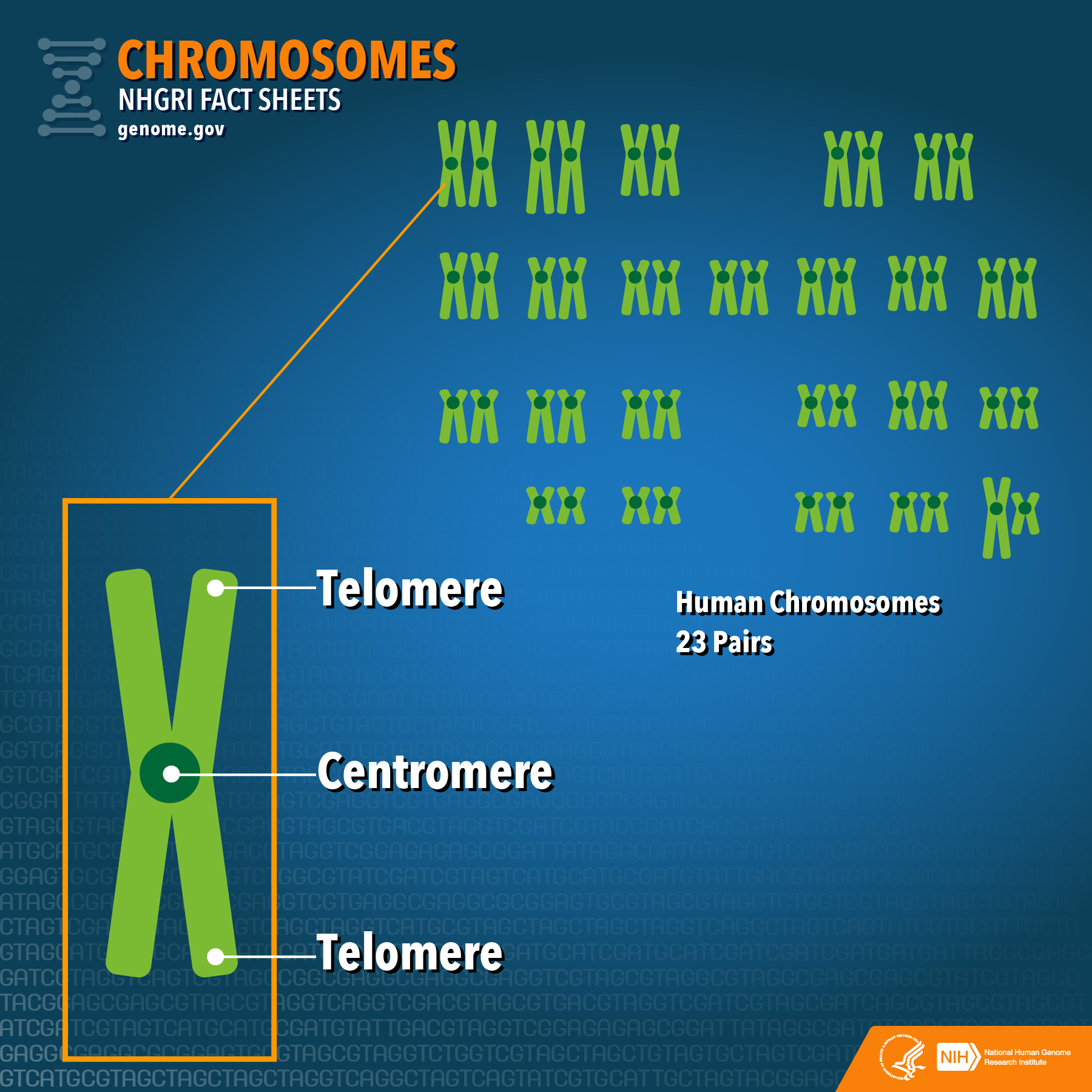
Jargon is essential to many professions. Jargon consists of words and phrases that speed up communication when discussing complex or convoluted ideas. But the silver lining of jargon frequently enshrouds a gray cloud.
An Example
A chemist speaks to a lab technician about sodium cations. Now most of us know what a sodium atom is, but the word ‘cation’ doesn’t ring a bell. What is a cation? As the last three letters of its name suggest, a cation is an ion.
Atoms are electrically neutral. That is, they do not have a net electrical charge. Although they contain positive protons and negative electrons, the total charges are equal. In effect, they cancel each other out. Add an additional electron or subtract one already present and you now have, not an atom, but an ion.
A negative ion (one or more excess electrons) is called an anion. A positive ion (one or more missing electrons) is called a cation. Do you see how the word cation—a bit of jargon—is of value? Basically jargon is little more than shortcut definitions used by persons in a specific occupation or avocation to communicate with each other.
The Audience
Jargon, properly used, is essential. Misused, it can become a barrier to effective communication. To the public at large, jargon is a foreign language. The sad truth is, some who are privy to a particular form of jargon may take pleasure in keeping the public in the dark – it gives them a feeling of importance or superiority, a feeling of belonging to an elite group of privileged persons.
Skill is needed to translate the language of jargon! The professional may find it frustrating trying to communicate what they know to the uninitiated. He may feel walled off from Society. It takes real skill to reverse the alienation of jargon.
A Jargon Pitfall
The convenience of jargon can be intoxicating. A person might find himself needlessly turning simple concepts into jargon. Perhaps I go too far in saying this, but recently it was suggested to me I read about telomeres. Wow, what a word! Impressive, no? In this instance, the fellow simply wished to communicate with me.

However, ask the man on the street what a telomere is, and he might blankly stare for a moment, then suggest it is some sort of electronic device. Due to a slight familiarity with Biblical Greek, and from my background as a chemist, I know the word telomere is derived from telos, the Greek word for “end”. The -mere portion of the word (sometimes shortened to –mer, as in polymer) comes from meros and means “part”. So telomeres are simply “end parts”.
Now the reader has seen endcaps at grocery stores. At the end of an aisle there is an endcap. It is used to feature items the store especially wishes shoppers to notice. Telomeres, much like those endcaps, are the end parts of chromosomes. The artist’s conception provided illustrates the end parts (and the central part) of an x-chromosome.
 There is, then, a choice a professional can make when attempting to communicate with people. Will he refer to the end parts of chromosomes, or will he use telomeres? If he chooses telomeres, will it be because he is speaking to fellow professionals or others familiar with what he is saying, or will it be in order to impress the public?
There is, then, a choice a professional can make when attempting to communicate with people. Will he refer to the end parts of chromosomes, or will he use telomeres? If he chooses telomeres, will it be because he is speaking to fellow professionals or others familiar with what he is saying, or will it be in order to impress the public?
In Conclusion
Jargon has its place. Yet jargon should not be used to impress, but to enhance communication. As is the case with a compressed, all-in-one computer zipfile, much data can be transferred quickly. But if one does not have the ability to decode it, that information is useless. The professional needs to be able express concepts with the uninitiated without resorting to professional jargon.
Note: You might also enjoy Control Language and You Control the Masses
References:
